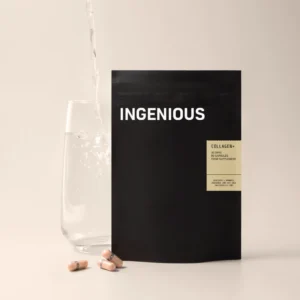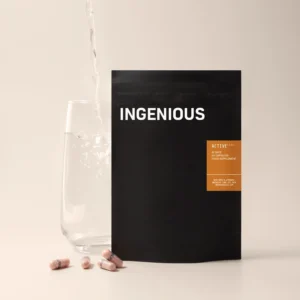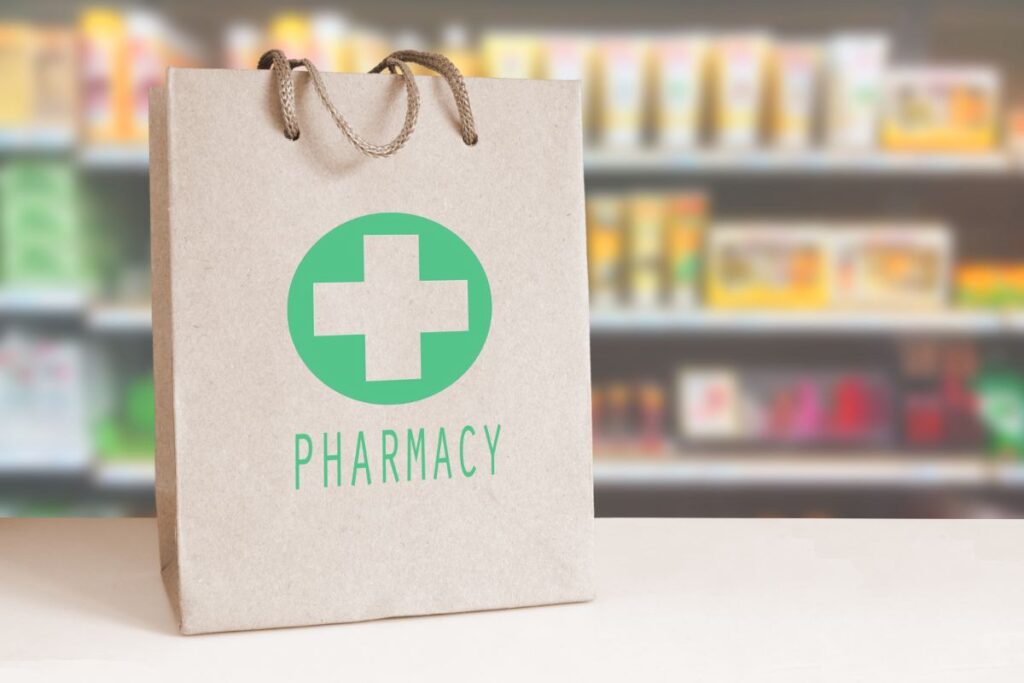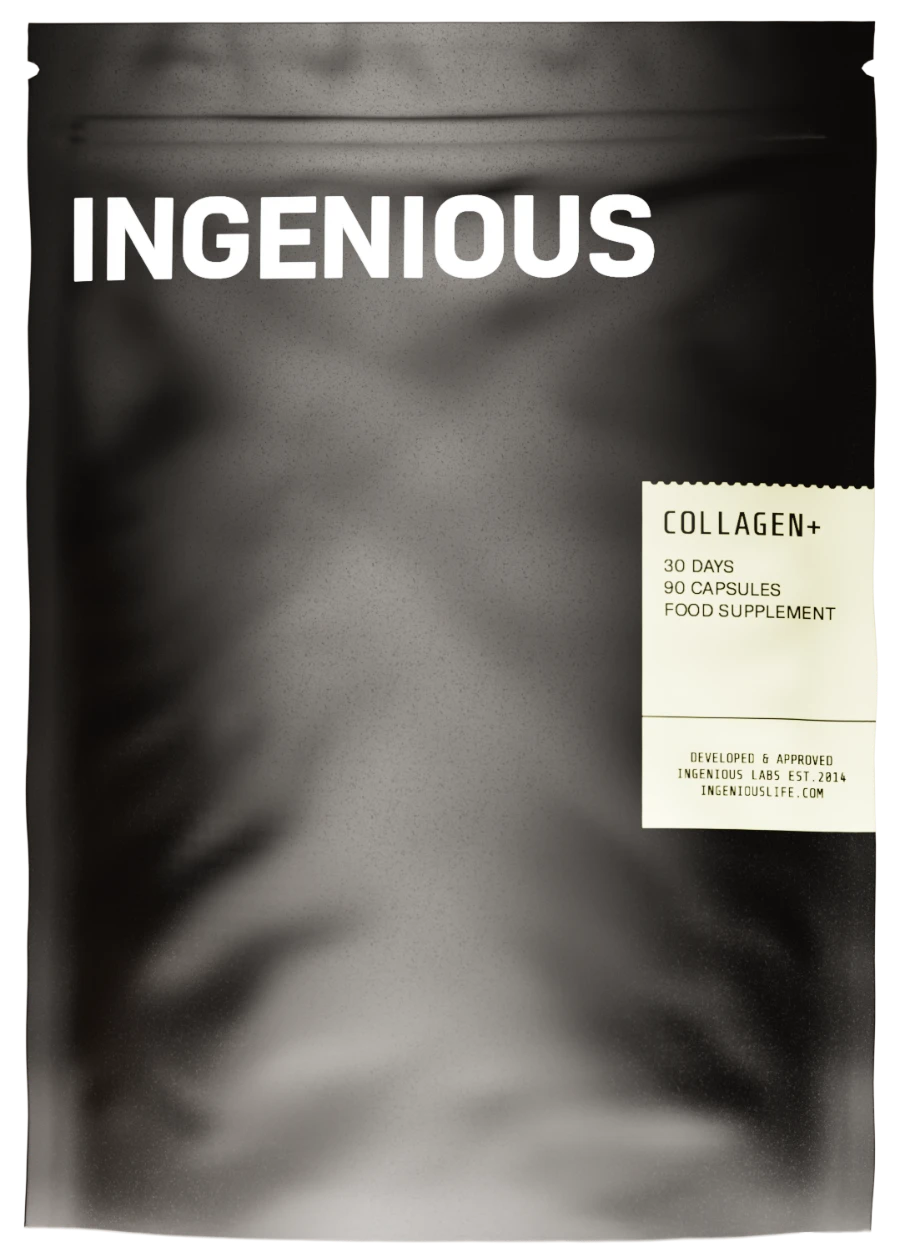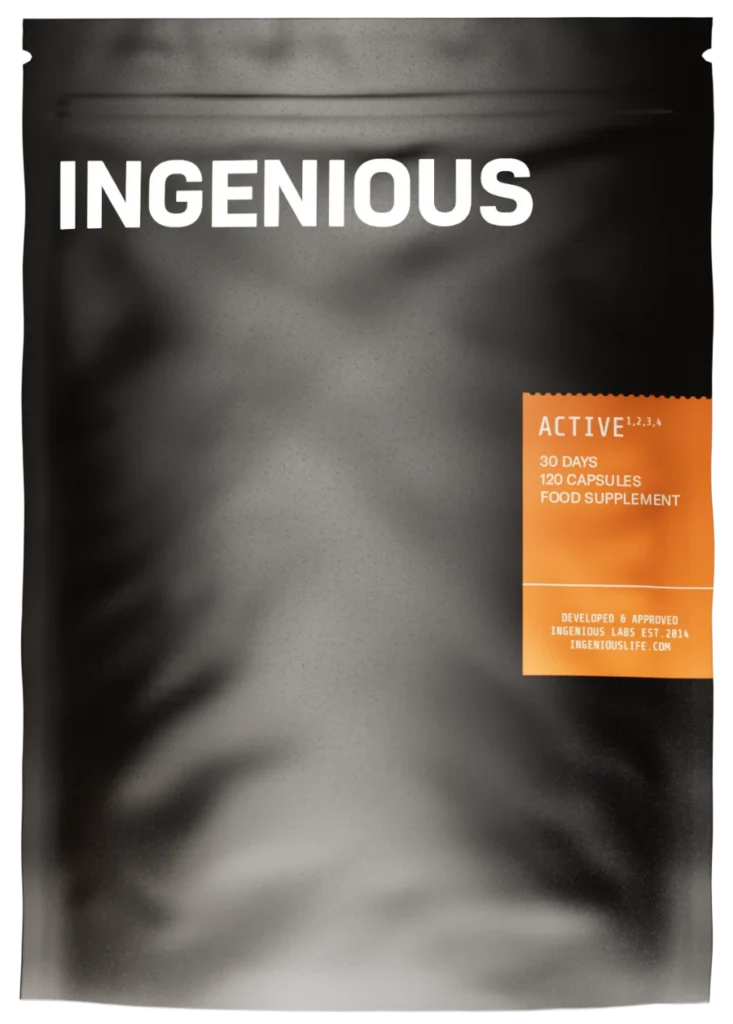Where possible, the Ingenious team are currently working from home, like much of the rest of the UK. However co-founder, Pupinder Ghatora, is an award-winning pharmacist and is currently running an independent pharmacy in Reading. At the time of writing Doctors Surgeries are not seeing patients face to face, so pharmacies have become the first line of defence for people worried about their health. Tara Crowe speaks with Pupinder about running a pharmacy during the Covid-19 crisis.
Tara: Hi Pupinder, how has life changed for you recently?
Pupinder: I think I am even more tired than I was when my little twins were born! I have been working flat out for the last few weeks. The pharmacy has never been so busy. Before the crisis the pharmacy would open 9am-6pm, and I would divide my time between overseeing the pharmacy and growing Ingenious. However since early March when everything kicked off, I have had to be full time in the pharmacy putting in 12 and 13 hour days, with barely a five minute break to eat a sandwich at lunch.
Tara: Wow, is that because you are having to open longer to meet demand?
Pupinder: The demand is unbelievable. For safety we now operate a 1 in, 1 out policy, and there is always a queue. However the long hours are because once we close the doors, we are still processing prescriptions, re-stocking shelves and phoning around to source the scarce medical supplies that people need to stay healthy. It all takes time.
Tara: How are your staff coping with the extra demand?
Pupinder: My staff have been amazing. I am so grateful to them for their dedication. I also have a team of volunteer drivers who deliver medical to the elderly, vulnerable and those self-isolating. The phone is constantly ringing from desperately ill people in isolation, and we make hundreds of deliveries every day. Yet we do not charge a delivery fee, so if it were not for the kindness of these volunteer drivers, I would not be able to afford to offer this free service.
Tara: There are clearly shortages with some medical supplies. Can you tell me how this has impacted the pharmacy and your customers?
Pupinder: Yes, shortages have been a problem. In early March it seemed like almost overnight people woke up and realised there was a health emergency. All of a sudden we experienced a run on Calpol, hand sanitiser, handwash, Dettol and aloe vera gel. We quickly introduced rationing, limiting people to only 1 item of each, to try to ensure there was enough to go around. However, like most businesses we were quickly out of stock of all these items.
I remember one mother coming into the pharmacy with a four year old girl who had a terrible case of chicken pox. Children with chicken pox are not allowed to take ibuprofen since in some cases it may lead to meningitis. She really needed Calpol, but I had none to give her. When I broke the news the mother dissolved into tears. I was able to give her some antihistamine for the child?s itching and calamine lotion and I recommended warm (not hot or cold) baths with Epsom salts which can also help. However the child was in pain and I had nothing to help with that.
When they left I could not get her little girl out of my head. I spent the next hour phoning all my wholesale contacts and by a small miracle managed to procure a few bottles of Calpol and arranged one of my volunteer drivers to collect them and send the first one over to treat the little girl.
I kept the rest back, not putting them on shelves, only giving them out when I was sure there was young child in imminent need. Despite this, these few bottles we gone within three days.
Tara: Has the government given you any extra help or support?
Pupinder: I am afraid not. They have not sent us any PPE (Personal Protection Equipment) but of course I recognise that many doctors and nurses have been short of these essential items as well. I have managed to source some basic items to protect my staff and purchased a screen to shield the staff on the till from customers who come in with germs. We are constantly wiping down our shelves and stock and we introduced our own distancing guidelines even before the government did.
It has been reported in the media that pharmacies have been given 300 million to help them cope with this crisis. However, this is actually not new money. Over the last ten years the money governments have allocated to pharmacies has been decreasing, and it is now at critically low levels. This 300 million is not additional money, which is urgently needed. Instead it is money that had already been allocated to the pharmacies but is being released early.
I know that many businesses have been forced to close, so to some it may look like we are in an enviable position as our pharmacy is still operating. However I am very worried about the future. Medicine has become more expensive recently, yet when someone comes in with a prescription, I feel duty bound to source the medicine they need, even if it means I am buying it at newly inflated prices. I don’t know if the government will reimburse me for these additional costs, which are steadily mounting, but I cannot let my customers down. For some of them it is life or death. For example an elderly man who was wheelchair bound recently became a customer of mine. His original pharmacy had been having trouble dealing with his Doctors Surgery and this vulnerable man had run out of his blood pressure medication. He was visibly upset when he managed to make it into my pharmacy, so I resolved to try to help. I called his Doctors Surgery and learned that they had a several day back-log dealing with their prescriptions so I took the decision to give the man his medication straight away, reassuring him I would continue chasing up the prescription and he didn’t need to wait. However, like much of the other medication I am urgently sourcing for people, this was only available significantly above the drug tariff (the drug tariff is the quarterly price list that the government releases every quarter to tell pharmacies what they will be reimbursing them for drugs) so I know I will make a loss on this, unless the government changes their pricing system.
Tara: Have you had any staff off sick yet with suspected symptoms and are you worried about them, and yourself?
Pupinder: So far I have had only one member of staff go off sick which is unusual, but I do worry of course about my staff and also that I might catch Covid-19 and bring it home to my family. I have a wife and three young daughters, but I know that right now my job is important, so I try not dwell upon the risks and just take each day as it comes.
Pupinder S Ghatora, MPharm MRPharmS SCS is CEO of INGENIOUS which makes a range of award-winning wellness supplements.
